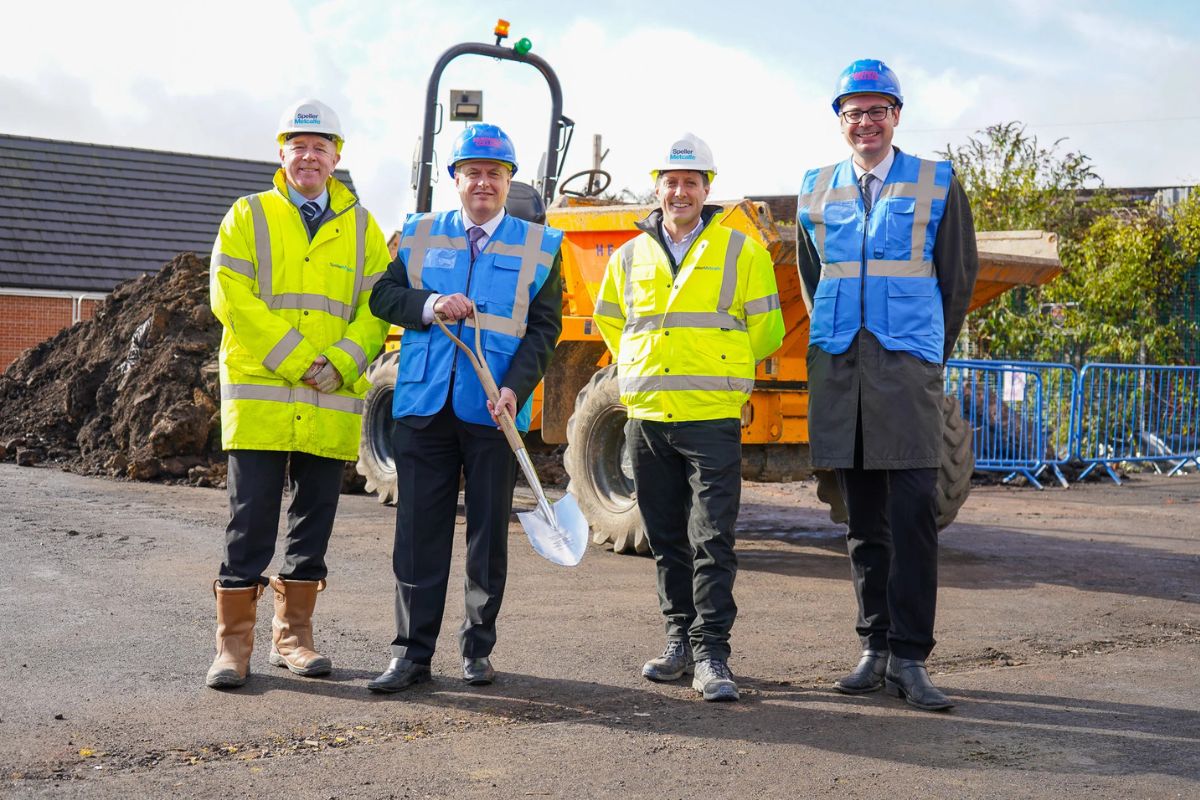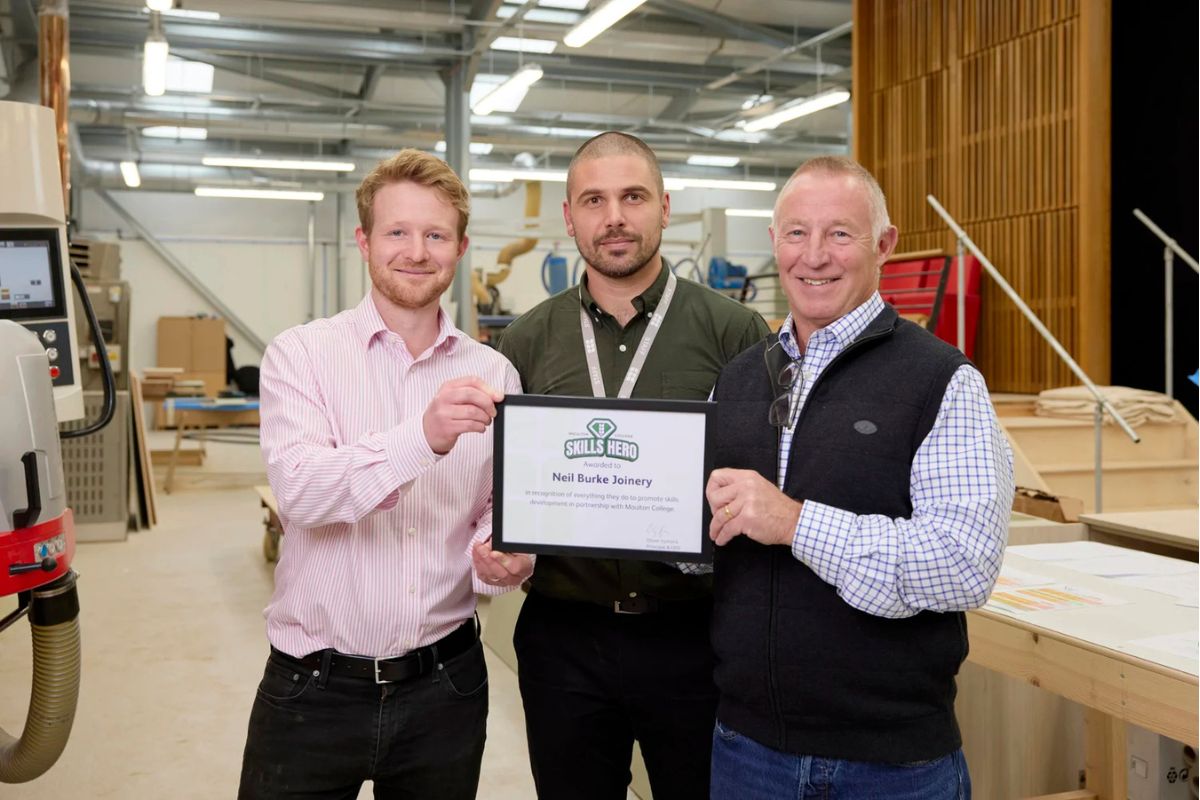Empowering Women Returners: Bridging the Gap in Further Education

Women returners face significant hurdles in their quest to reclaim their careers. By recognising transferable skills and experience, alongside a flexible and tailored approach we can finally bridge the gap.
In today’s ever-evolving job market, we are at a pivotal moment where attracting diverse talent is not just a virtue but a necessity.
Despite how society has advanced, one group of potential professionals still faces significant hurdles in their quest to reclaim their careers and contribute significantly to the workforce – women returners.
Every year, 19% mothers leave the workforce altogether[i], most often because their work cannot offer any flexibility, or they cannot afford childcare. For primary caregivers, the demands of juggling responsibilities without workplace support, all too often take their toll. I believe having a baby should enhance not halt your career and the many (new) skills from parenting should be recognized at interview and in the workplace.
Out of the thousands of women I have met over the years, very few are looking for a nine to five role. Access to flexible hours, remote work options and family-friendly policies can all help to attract and retain these women into the workforce. The stats show that 98% of mothers want to work, and we need to do all we can to make this happen.
The inclusion of women in the workforce is not just a matter of social progress but also a vital driver of economic prosperity.
A higher employment rate among women ultimately contributes to greater household income, boosting consumer spending and driving economic growth. Women returners contribute to a more diverse and skilled workforce, leading to increased productivity and competitiveness in industries across the board. Still only 30% of employers say leaders in their organisation are completely committed to having a diverse workforce, while a mere 9% of employers have focused on improving inclusion and diversity with respect to social mobility/socio-economic status in the past five years.
If more women join the workforce, that increased financial independence will lead to greater investment in education, health, and entrepreneurship, creating a ripple effect of economic benefits that support society as a whole.
1.47 million women aged 16-64 were classed as economically inactive in October to December 2022 because they were looking after their family or their home. There lies a huge opportunity. Comparatively less than 200,000 men were doing the same.
The Returners’ Challenge
Returning to work after a career break, whether it’s due to raising a family, caregiving, or personal reasons, can be a daunting task for anyone, regardless of gender. However, women tend to face unique challenges.
Re-entering the workforce can seem like an uphill battle against a lack of confidence, and outdated skills. Now it a great time to shift our focus to the incredible assets that women returners can bring to the party and how we can integrate these key group into the labour market.
And the world is changing. This year there are 4.4million people in the UK on flexi-time employment contracts, compared with 3.22 million ten years ago. The pandemic was an unexpected catalyst of change. The definition of flexible working according to gov.uk is ‘a way of working that suits an employee’s needs, for example having flexible start and finish times, or working from home.’ And that isn’t an off-the-shelf solution, it needs to be tailored. On average about 19% of employees are looking for a new job at any given time. When thinking about a new job 71% say being able to have a flexible working pattern is important.
For an employer especially SMEs, this bespoke approach is challenging to facilitate, and communication is key; but by shifting the focus away from time spent working and towards the productivity and outcomes of each employee, and setting clear expectations it can, and does, work.
So what can be done to bridge the gap?
For FE providers, the same rules apply. To get the best out of learners, we need to offer flexible learning options, such as online courses and part-time programmes, making it easier for women returners to balance education with their other responsibilities. This has always been part of my DNA when I built my business. Adopting this approach, not only supports them through their further education, but importantly aids that transition back to work.
Women returners can hugely benefit from career advice and guidance specific to them. All too often they have the experience, but they are lacking confidence and direction.
There is a myriad of support and opportunities out there, such as skills bootcamps and apprenticeships, however it is critical during the onboarding process, that transferable skills gained from parenting are identified. Bespoke career advice is also key, those that have been out of the workplace would naturally need more support to manage the transition back to work.
Core to this is establishing mentorship programmes that connect women returners with experienced professionals who can guide them through their re-entry journey and provide one-on-one support; as well as encourage networking opportunities to help them rebuild their professional contacts.
I have collected so much rich data over the last nine years, at Successful Mums, which shows us that women returners possess a treasure trove of transferable skills and life experiences that can significantly enrich the further education sector. It’s time to recognise the immense value that women returners offer and invest in their success.
When we do, we not only help them rebuild their professional lives and inspire their children, but also strengthen and build diversity in our further education sector.
By Jane Knight, Founder, Successful Mums Career Academy
FE News on the go…
Welcome to FE News on the go, the podcast that delivers exclusive articles from the world of further education straight to your ears.
We are experimenting with Artificial Intelligence to make our exclusive articles even more accessible while also automating the process for our team of project managers.
In each episode, our thought leaders and sector influencers will delve into the most pressing issues facing the FE sector, offering their insights and analysis on the latest news, trends, and developments.











Responses